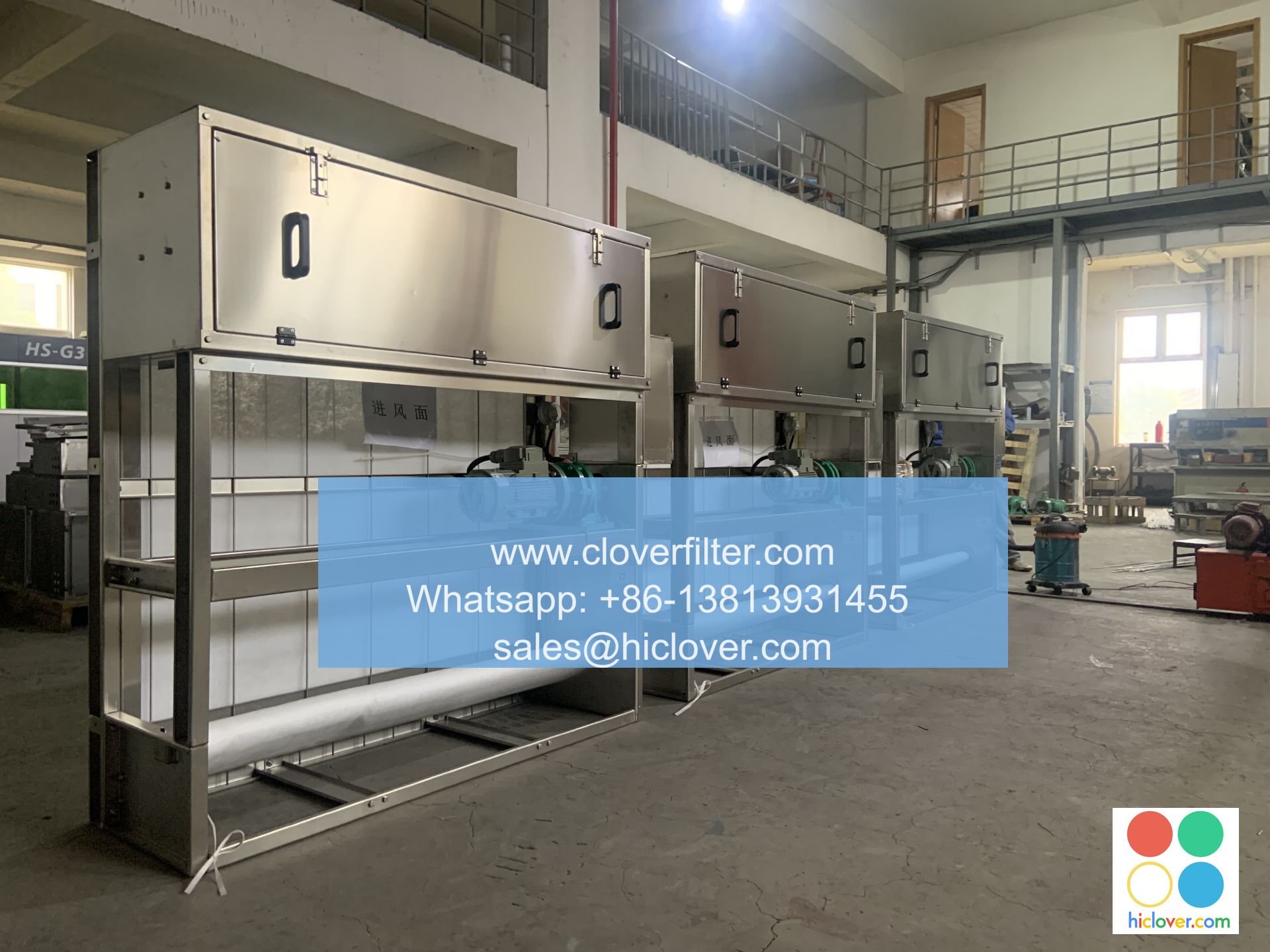The Case for HEPA Air Filters: A Review of Their Effectiveness

The Case for HEPA Air Filters: A Review of Their Effectiveness
Introduction
Indoor air quality is a growing concern for people around the world. With the increasing awareness about the importance of purifying the air we breathe, High-Efficiency Particulate Air (HEPA) filters have become a popular solution for cleaning the air we breathe. But how effective are these filters, and what are their limitations? In this article, we’ll explore the benefits and drawbacks of HEPA air filters and examine their applications in various areas.
What are HEPA Air Filters?
HEPA air filters are designed to capture 99.97% of particles as small as 0.3 microns, including dust, pollen, pet dander, and other airborne pollutants. They achieve this level of effectiveness through a dense network of fibers that create a physical barrier, trapping particles and preventing them from entering the air stream.
Benefits of HEPA Air Filters
- Improved Indoor Air Quality: By removing airborne particles, HEPA filters can significantly improve indoor air quality, reducing the risk of allergy and asthma attacks, and creating a healthier environment.
- Reduced Allergy and Asthma Symptoms: HEPA filters can capture allergens like dust, mold, and pet dander, reducing their impact on individuals with allergies and asthma.
- Prolonged Filter Life: HEPA filters are designed to capture larger particles first, which means they last longer and require less frequent replacement.
- Energy Efficiency: HEPA filters can improve HVAC system efficiency, as they reduce the amount of maintenance required and can extend the life of the equipment.
Limitations of HEPA Air Filters
- Inefficacy against Gases and Vapors: HEPA filters are designed to capture particles, not gases and vapors. To combat these pollutants, additional technologies like activated carbon or chemical scrubbers may be necessary.
- Clogging and Maintenance: While HEPA filters are designed to be low-maintenance, they can still clog if not properly cleaned and maintained. Regular cleaning and replacement are essential to ensure optimal performance.
- Higher Upfront Cost: HEPA filters are often more expensive than other types of filters, which can be a significant consideration for budget-conscious consumers.
Applications for HEPA Air Filters
- Residential: HEPA air purifiers are perfect for homes, especially for individuals suffering from allergies or asthma. They can be integrated into central heating and cooling systems or used as standalone units.
- Commercial: HEPA filters are commonly used in offices, schools, and healthcare facilities to improve indoor air quality and reduce the risk of airborne infections.
- Industrial: HEPA filters can be used in industries like pharmaceuticals, textiles, and biotechnology to control airborne contaminants and prevent contamination.
- Automotive: HEPA filters are used in some vehicles to improve air quality and reduce odors and allergens.
Conclusion
HEPA air filters are a reliable solution for improving indoor air quality and reducing the risk of airborne contaminants. While they have some limitations, their benefits make them a popular choice for various applications. By understanding their effectiveness and limitations, individuals can make informed decisions about which HEPA air filters best suit their needs and preferences.
I’m happy to help! What would you like to talk about or ask?

